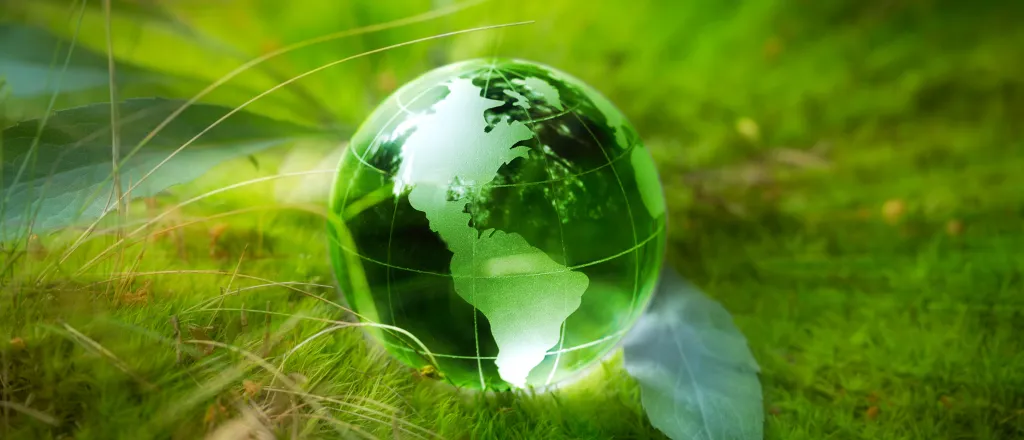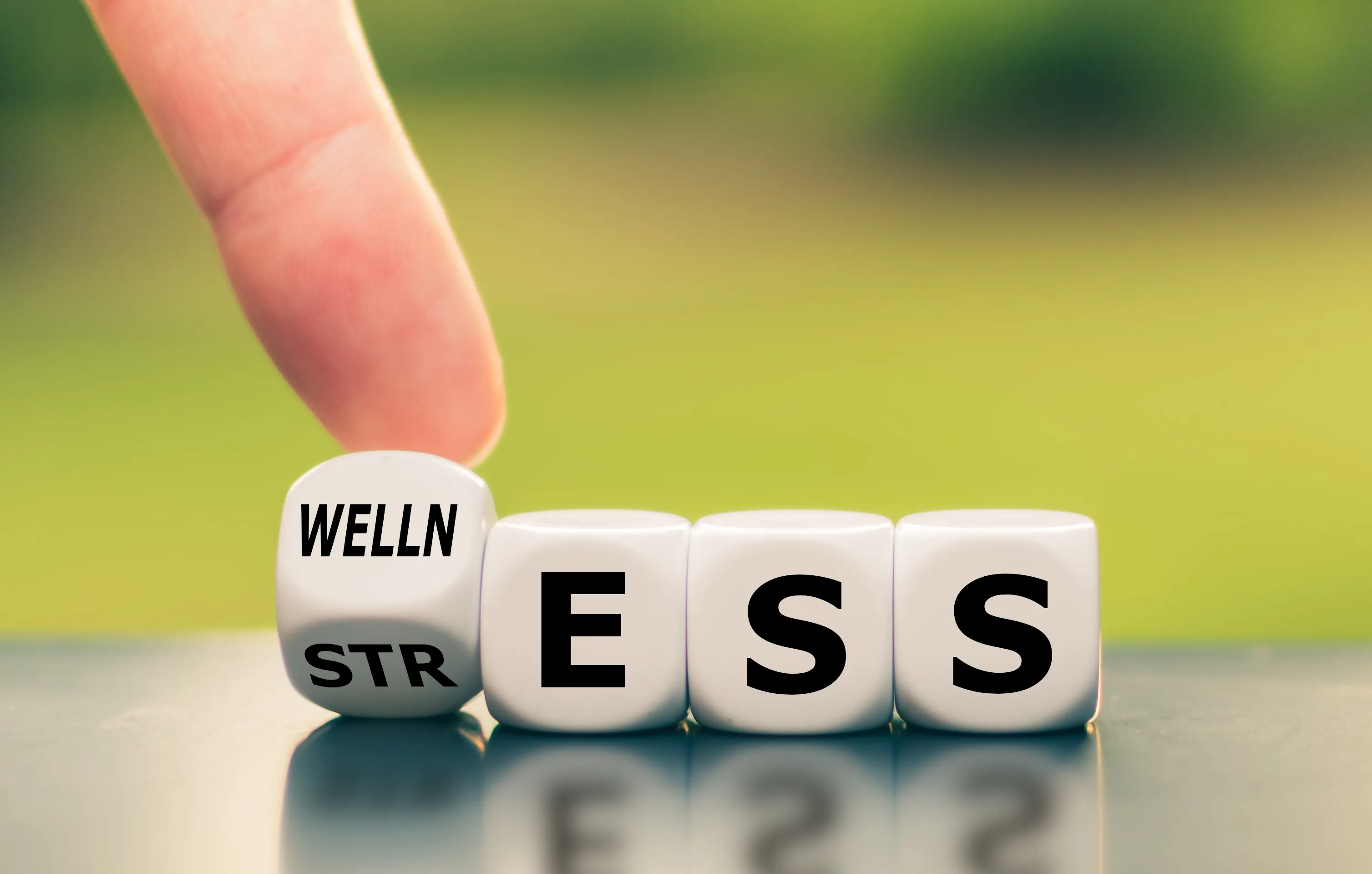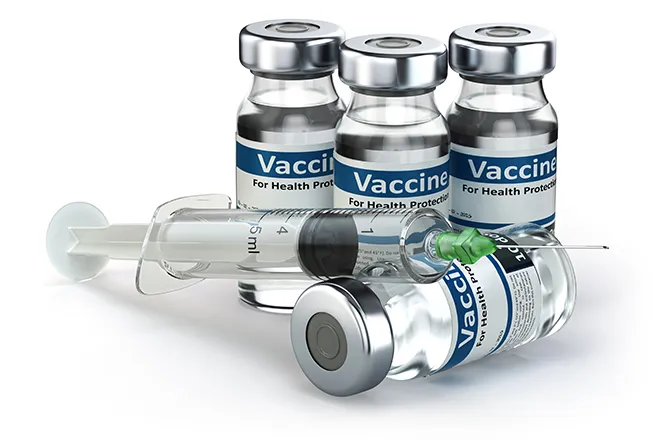
EarthTalk - Are food dyes in beverages unhealthy?
© iStock
Dear EarthTalk:
What’s the deal with food dyes in sodas and other drinks? Are they really bad for us, and how can we avoid them if so?
Laura C., Pittsburgh, PA
Food dyes have been a controversial ingredient in sodas and various beverages for decades, due to concerns about their potential health risks. These dyes are synthetic color additives used to enhance the visual appeal of foods and drinks. While they serve an aesthetic purpose, their safety and impact on health have sparked considerable debate among consumers and health experts.
The most commonly used food dyes in beverages include Red 40, Yellow 5, Yellow 6, and Blue 1. These dyes are derived from petroleum or coal tar sources and undergo rigorous testing by regulatory agencies like the U.S. Food and Drug Administration (FDA) before approval for use in food and drinks.
Critics argue that these synthetic dyes might be problematic, especially in sensitive individuals. Research has suggested potential links between artificial food dyes and behavioral problems in children, such as hyperactivity and attention issues. However, the scientific evidence remains inconclusive, with some studies supporting these claims while others find no significant impact on behavior.
Moreover, some individuals might experience adverse reactions or allergies to certain food dyes, resulting in skin rashes, digestive problems or respiratory issues. For these people, avoiding products containing artificial dyes may be crucial to feeling their best.
To steer clear of artificial food dyes in beverages, consumers can opt for alternatives that prioritize natural colorants or those that don’t use any added dyes. Several brands offer drinks made with natural coloring from fruit or vegetable extracts, such as beet juice, turmeric or spirulina, to achieve vibrant hues without resorting to synthetic dyes. Reading product labels meticulously is vital making the right choices. Furthermore, choosing homemade or freshly squeezed juices, herbal teas or infused water can eliminate exposure to artificial dyes altogether. These options not only ensure a lack of synthetic additives but also provide nutritional benefits and a more wholesome drinking experience.
Maintaining a balanced and varied diet with an emphasis on whole, unprocessed foods will help you steer clear of most troublesome synthetic ingredients. By reducing reliance on heavily processed beverages, individuals can limit their exposure to not just artificial dyes but also excess sugar, artificial sweeteners and other potentially harmful additives commonly found in commercial sodas and drinks.
Nutritionists and public health advocates continue to worry about all the synthetic dyes in our food supply these days and are hoping for more research to clear up whether or not these often-unnecessary additives are doing irreparable harm to our individual bodies and our collective health.
CONTACTS
- Food Dyes: Rainbow of Risks, https://www.cspinet.org/sites/default/files/attachment/food-dyes-rainbow-of-risks.pdf
- Toxicology of food dyes, https://www.tandfonline.com/doi/abs/10.1179/1077352512Z.00000000034
- Red Dye in Foods: Uses and Health Risks, https://health.usnews.com/wellness/food/articles/red-dye-in-foods-health-risks
- Health Effects Assessment: Potential Neurobehavioral Effects of Synthetic Food Dyes in Children, https://oehha.ca.gov/media/downloads/risk-assessment/report/fooddyesassessmentdraft082820.pdf.
EarthTalk® is produced by Roddy Scheer & Doug Moss for the 501(c)3 nonprofit EarthTalk. See more athttps://emagazine.com. To donate, visit https://earthtalk.org. Send questions to: question@earthtalk.org.















